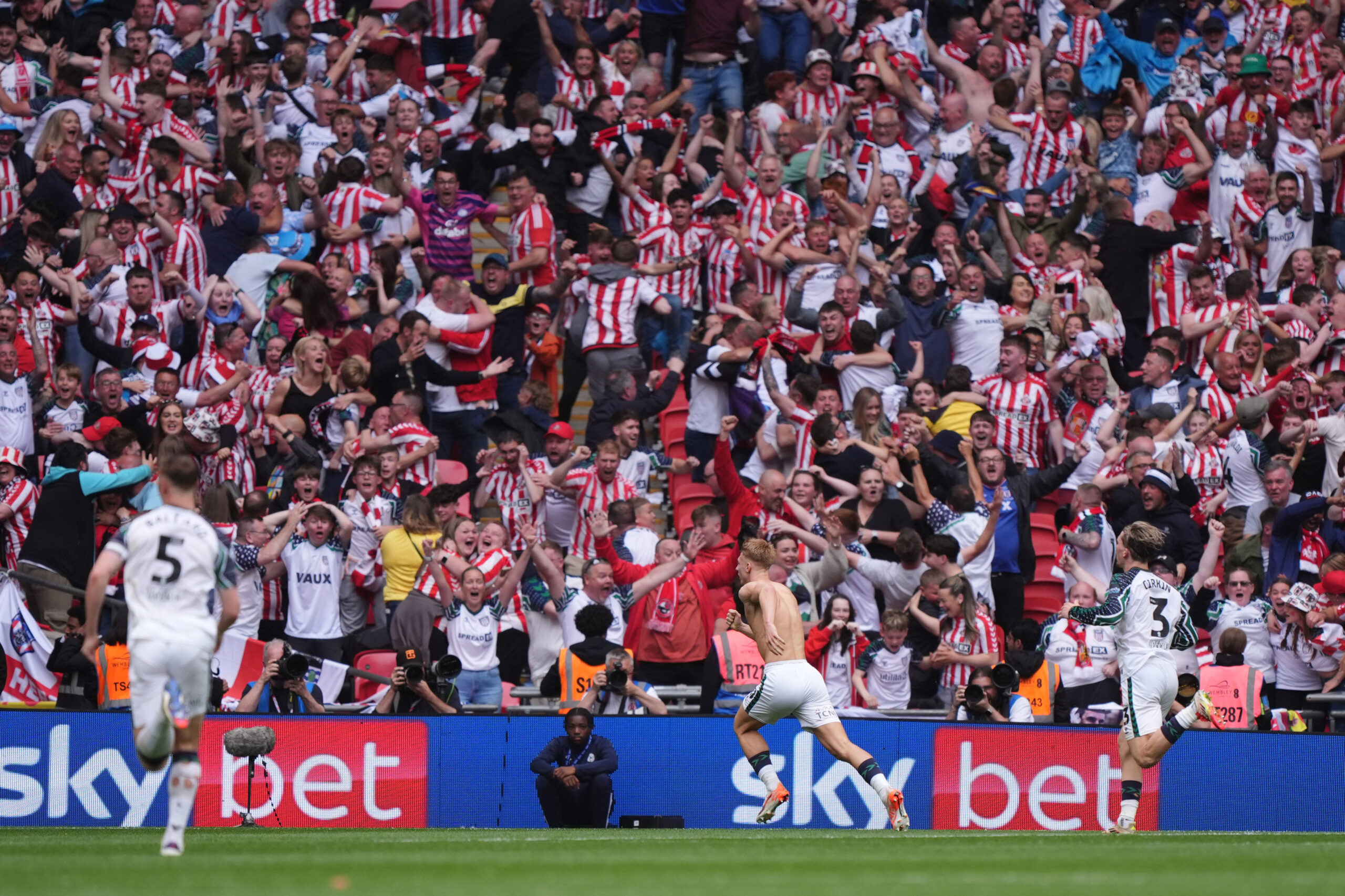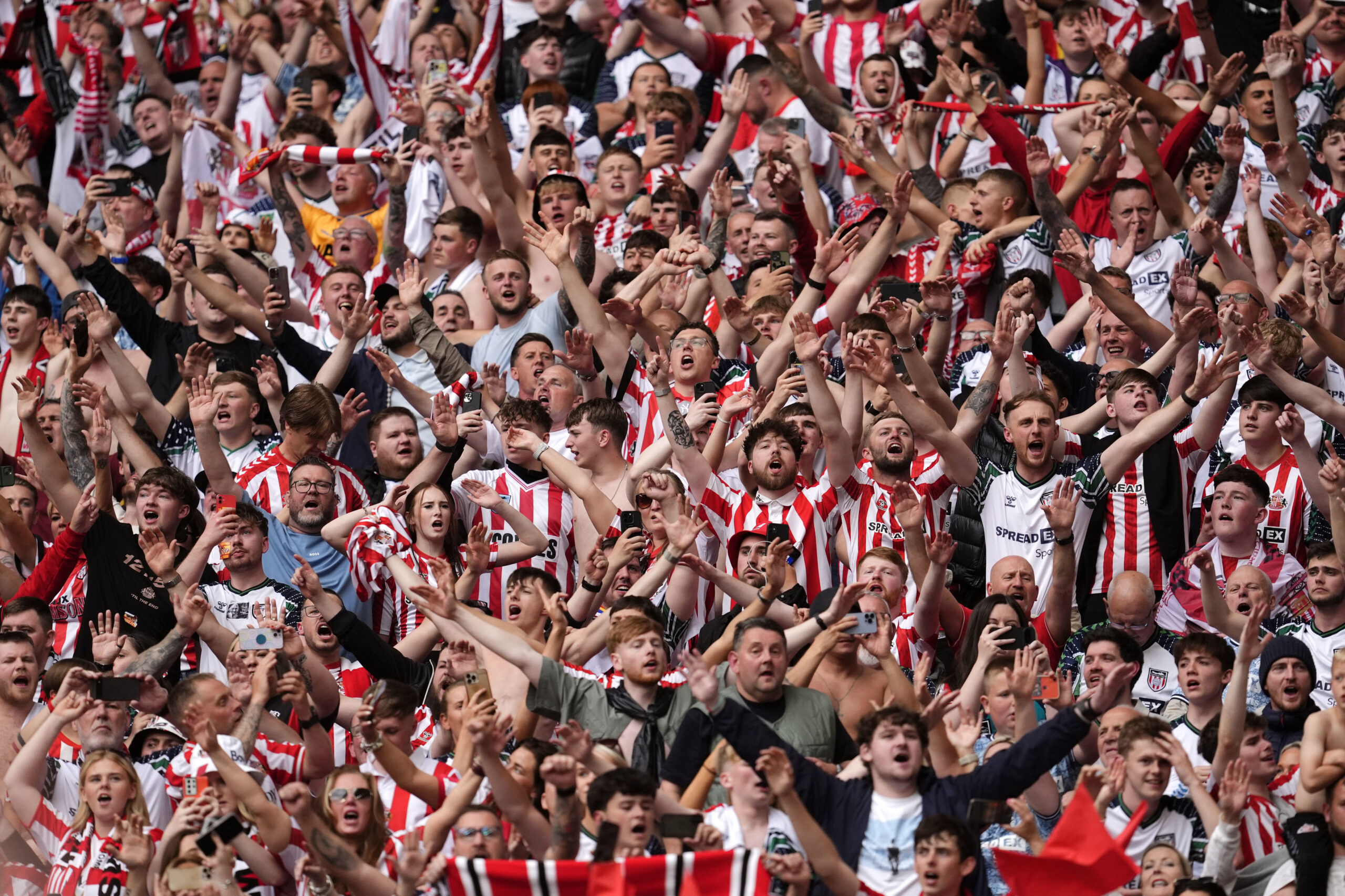Sunderland should have played yesterday. Or, if you’re a little late to this, they should have played at the weekend. We should have made a trip down to Gigg Lane, our first in 13 years, around 2,000 away fans in tow, and faced off against last season’s League Two runners-up. That’s how things should have been.
Evidently, things aren’t like that. Sunderland didn’t play on Saturday much like Bury haven’t played a competitive game since May 4th. But while we will soon be back into the swing of things, hosting Bolton Wanderers on Boxing Day, Bury do not know when their next game will come, if ever. A winding up order was dismissed in the High Court on Wednesday, so fans still have a club to support. But when they will next have a meaningful game to attend is anyone’s guess.
The Shakers were expelled from league football back in August, with years of financial mismanagement eventually laying waste to a 134-year-old institution. The list of those to blame was lengthy and wide-ranging; the catalogue of mourners far more so. Discussing the factors that led Bury to where they are today could take up a whole book, never mind one article.
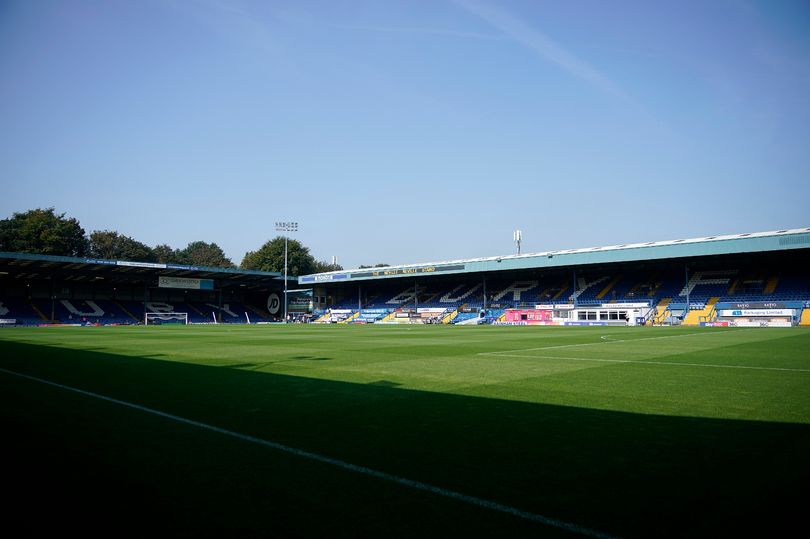
During the saga that unfolded over the summer where, after weeks of demurring, the EFL finally decided to expel Bury from the competition, a common refrain was heard on Wearside. The idea was floated that, were it not for Stewart Donald and friends arriving as they did in May 2018, Sunderland “could have done a Bury”. Had it not been for these new owners, riding into town like white knights, Sunderland AFC may well have been fighting its own High Court battle by now.
That always struck me as a bit odd, something of a false dichotomy. The situations of the two clubs are and were wildly different; to boil it down to something so simplistic seems a little silly, to my mind. Yet that was the defence that was frequently offered of Sunderland’s current owner in the face of growing criticism over the summer months.
Unfortunately, there has been very little since to suggest that our own club is on an upward trend. Far from appearing to have been saved, Sunderland have lurched from one new low to the next in the last few months. A couple of years ago, a list including the names Lincoln City, Shrewsbury Town, Burton Albion and Gillingham (twice) would have been teams we were hoping to get in the third round of the FA Cup. Now it is just a selection of teams that have beaten us.
Given that our trajectory looks headed in only one direction, the current gap in the footballing calendar allowed for one particular consideration: can we learn anything from Bury’s demise? Though I hadn’t been altogether clear on the detail, I knew that Bury themselves had been promised a bright new dawn not too long back. When Stewart Day took over the club in May 2013, he had told of how the club would go from strength to strength under his leadership.
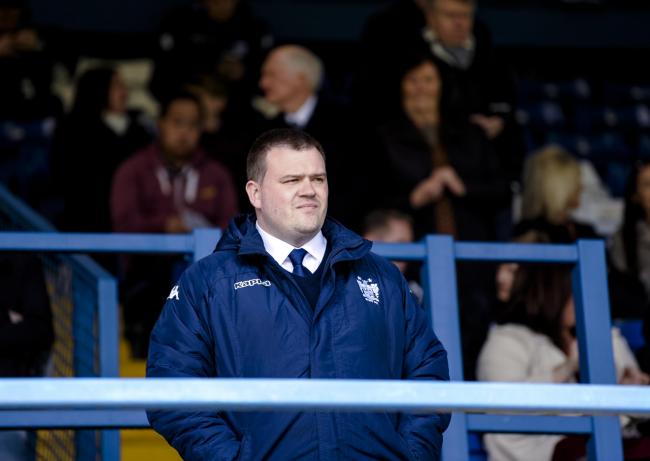
Day’s time at the club ended acrimoniously, as he sold a club mired in debt for just £1 a year ago this month. His successor, Steve Dale, copped much of the flak for the club’s eventual expulsion, with erratic behaviour and misleading statements becoming regular occurrences during his short spell at the helm. Dale deserves all the criticism he continues to get but it was under Day that the good ship Bury was set on course for ruin, and so it is his tenure at the club that I believe is worthy of consideration here.
To reiterate, the two clubs are wildly different and so too, I would wager, are the men in charge of those clubs. Yet when looking at what went on under Day at Bury I found it, frankly, terrifying just how much could be seen as a mirror image to events that have unfolded on Wearside in the past 18 months or so.
Take, for example, this piece in the Bury Times. A year on from his arrival at Gigg Lane, Day’s anniversary was celebrated by the club’s directors laying waste to a “small core that have taken it upon themselves to do as much negative output as they can.” According to the statement put out, those concerned about Day’s ownership of their club (although, it did also dispute that dissenters were actually Bury fans), “think it is beneficial to dig for as much dirt as they can and then border on being slanderous towards the chairman in their comments.”
Unfortunately, when reading that, I couldn’t help but be drawn to Charlie Methven’s comments last summer about “a small cabal of so-called supporters who seem intent on disrupting our efforts to bring the club together”. Evidently, Methven has now departed stage right, but it’s also true that Stewart Donald has spoken with great anger about what he perceives as negative comments from Sunderland fans (myself included).
This is not to say that Sunderland are headed with certainty down the route that Bury trod, but it does make for concerning reading when lined up alongside the reality that is now unfolding before our eyes. Despite a dreadful start to a season in which we were told 100 league points was the aim, Donald has made statements that suggest he does not grasp the gravity of the situation the club now finds itself in.
To learn a bit more about Bury, I decided to have a chat with Peter Taylor, author of the excellent Bury Me in Exile blog. In doing so I hadn’t realised Peter would be penning a piece of his own over at Roker Report, but it’s well worth a read. Taylor’s message is one I feared would become readily apparent as I progressed through researching this piece: fail to query your football club’s owners at your peril.
I won’t repeat Peter’s article here but will instead dip into answers he gave me as part of our own correspondence. Worryingly (and again, I should reiterate that just because similarities are present, it does not mean the outcome will be the same), a lot of what Peter told me sounded all too familiar.
Upon Stewart Day’s arrival at Bury, Taylor said, “he made quite grandiose statements. Every media interview or statement subsequent [to his arrival] was about talking the club up, but it became clear further down the line that he’d often promise or proclaim things that never materialised.”
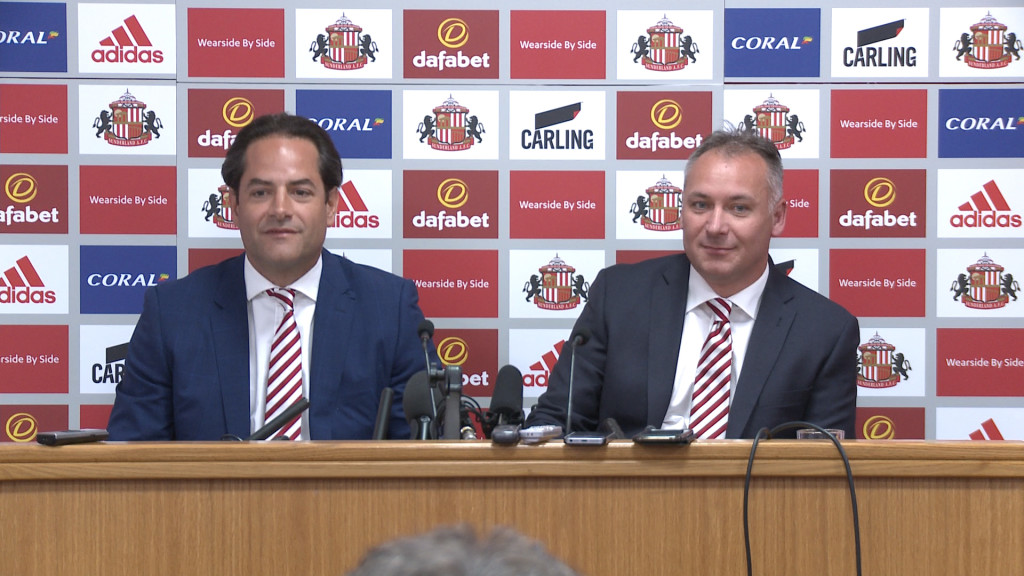
I need only remind you that upon his arrival at Sunderland, Stewart Donald told fans that he could “look after this club in the Championship…and potentially beyond, depending on how well the money is spent”, yet Charlie Methven recently confirmed neither he nor his co-owner were sufficiently wealthy to look after the club if promotion to the second tier was achieved. As for things that have never materialised, it’s little surprise that we hear no talk now of a Dortmund model, or of Juan Sartori bringing youngsters over from Uruguay to the Academy of Light.
What is more, Taylor confirmed that Day “would never address criticism, dodge scrutiny, and use his charm and wherewithal to keep the media onside”. Again, far be it from me to find similarities where there are none, but given what was confirmed publicly yesterday – that Stewart Donald told Wise Men Say he no longer saw merit in doing podcasts, before then reaching out and requesting Roker Report have him on theirs on Boxing Day – does this not all sound a tad familiar? Likewise, Mr Donald has previously been at pains to tell me he wants to put me right on a number of things, yet when the opportunity has been offered to him in the past couple of weeks, on more than one occasion, he has refused to take it up.
There were other comments that Taylor made about Day that caused me even greater concern than I already hold. Chief among them was the answer to whether or not Day ever admitted the trouble the club found itself in. “No, never. He was in a state of denial, right until the end.”
Now, as I say, no two situations are ever identical, but I defy anyone who can read the above and not draw some stark parallels to the current situation at Sunderland. A series of worrying events have unfolded off the field across the course of 2019, yet we are consistently told everything is fine and, in fact, that Sunderland are “probably the most professional club in the history of League One”. Instead, any naysayers have been repeatedly shouted down or ostracised by the ownership, to the point that a narrative of constant ‘abuse’ has been allowed to be established.

To be clear, I do not expect Sunderland to follow Bury’s path. At least not yet. As things stand, should Stewart Donald’s tenure spiral out of control in a financial sense, there appear to be a number of American billionaires waiting in the wings. But what if they decide they don’t fancy it anymore? What if their efforts to take over the club become so frustrated that they walk away? Then what happens?
My fear, and I don’t believe this is hyperbolic nor exaggeration, is that we could come very close to following in Bury FC’s footsteps. Taylor drew another parallel between Day and Donald in saying that Stewart Day, despite clearly not having the necessary funding to run the show properly, “never publicly put the club up for sale.” Since Stewart Donald arrived on Wearside we have heard repeated tales of the club coming close to being sold. Donald has consistently denied their accuracy, yet it is clear that efforts to sell have been made. Why, if everything is financially rosy, and his desire was to be here for five to ten years, as has previously been said, would that be the case?
The fact of the matter is that this football club cannot survive in this division for long without an owner dipping into his pockets on a regular basis. The ground is too big, the academy too good, the expectation too grand. Unless we are comfortable with seeing a complete transformation of what Sunderland AFC is as a football club, and not a good one, a continued presence in League One will be catastrophic.
Bury lived that catastrophe. The circumstances were different, but the parallels are all too clear. Take this weekend as a warning. If we are not careful, if the Americans walk away, if something isn’t fixed soon, that fate is very much on the cards. The time for sitting back and seeing what happens is over and the time for making our voices heard is very much here.
Chris Weatherspoon









